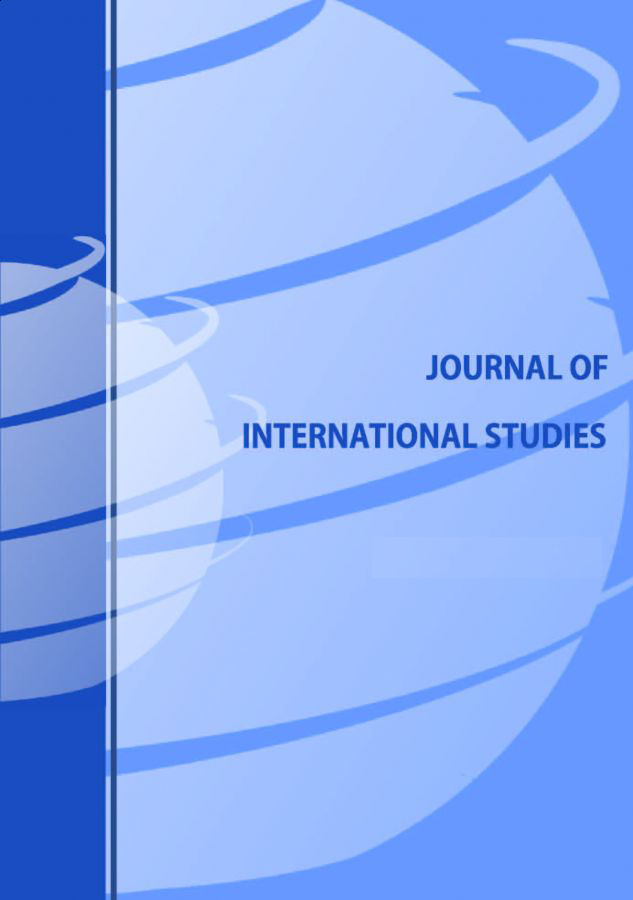POLICY IMPACTS ON THE EU-RUSSIAN TRADE PERFORMANCE: THE CASE OF AGRI-FOOD TRADE
POLICY IMPACTS ON THE EU-RUSSIAN TRADE PERFORMANCE: THE CASE OF AGRI-FOOD TRADE
Author(s): Luboš Smutka, Mansoor Maitah, Miroslav SvatošSubject(s): Geography, Regional studies, Agriculture, Economic policy, International relations/trade, EU-Accession / EU-DEvelopment, EU-Legislation
Published by: Fundacja Centrum Badań Socjologicznych
Keywords: import ban; commodity structure; territorial structure; western countries; European Union;
Summary/Abstract: The main goal of this paper is to provide an overview of the impact from Russian import ban on trade between the Russian Federation and the selected Western countries – especially EU members. Because of the applied ban characteristics, the European Union could be considered as the most affected subject of Russian protectionism. This paper identifies the changes affecting EU agrarian export performance in relation to the Russian Federation. Changes in the trade of vegetables, fruits, meat and animal products, dairy and dairy products and fish are identified. This paper also provides an overview of changes related to Russian trade competitiveness and territorial structure. The result of the applied import ban was a significant reduction of Russian agrarian import value – within the first three years alone, the value of imports was reduced by 7,389 million USD. The import ban also changed the overall competitiveness of Russian agricultural trade, while recognising that the comparative advantages of some commodity groups was reduced. The processed data is analysed through a set of the following instruments: self-sufficiency ratio, import dependency ratio and in the final part of the paper, the Lafay index (LFI) will be used for a brief analysis of the comparative advantages of the products included in the ban.
Journal: Journal of International Studies
- Issue Year: 12/2019
- Issue No: 2
- Page Range: 82-98
- Page Count: 17
- Language: English

